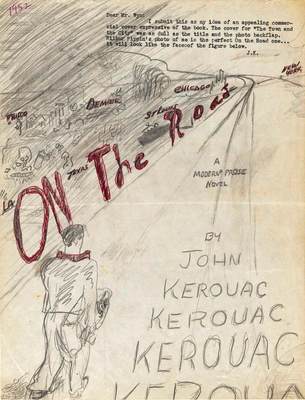
This month marks the 50th anniversary of the publication of Jack Kerouac's On the Road
and the book is getting a lot of attention. (That's Kerouac's
design for the book's cover above.) It was certainly an important
book — crystalizing the odd malaise that gripped America after WWII
and presenting an image of the way American youth would react to it, in
increasing numbers, by cutting loose from everything, drifting into a
world of sensuality and drugs, hitting the road in search of . . .
something. The book's freewheeling, lyrical prose was brilliant
enough to allow one to take it seriously as a work of art, to place it
in the picaresque tradition of Huckleberry Finn.
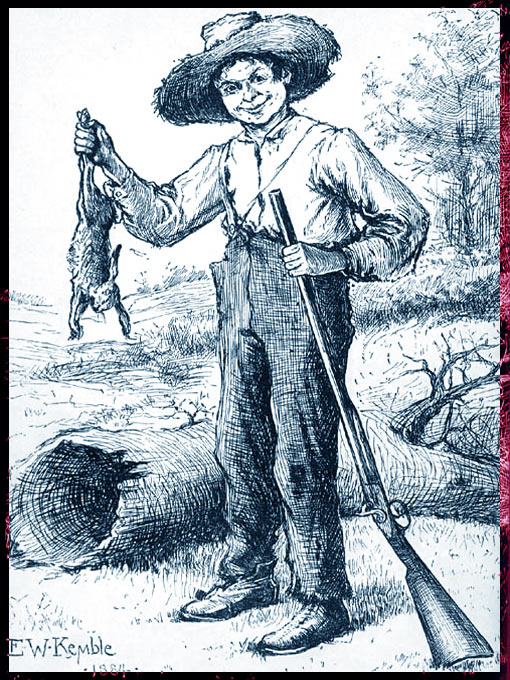
The moral and spiritual emptiness of On the Road's
protagonists was part of the
book's truth, of course, but that truth, to me, was a thin one, without
any deep humane dimensions — and this is nowhere better revealed than
in
the book's depiction of women. It's not just that Kerouac's
protagonist's treat them badly, or indifferently, but that they don't
seem to see them as human beings — and, more importantly, that the
author himself doesn't seem to see them as human beings. This is
quite a different thing from writing women characters badly,
unconvincingly — quite a different thing from ignoring women or even
raging against them for their otherness, as Henry Miller sometimes
did.
Kerouac simply seems to see women as an existential nullity.
Some women say this doesn't bother them — that the freedom
and exhilaration of the book's spirit is an inspiration to them as
women, however the women in the book are drawn. I can appreciate
the sense of that — but it doesn't lessen my revulsion at the way the
women in the book are drawn. It strikes me as revealing a basic
truth about almost all beat fiction and poetry — that once you get
past the attitude, the style, there's very little underneath it, and
what there is underneath it is often repellent.

William Burrough's magical, fractured prose, best appreciated in his
recorded readings of it, is invigorating and exciting — but a little
of it goes a long way. It's like a jazz improvisation on a melody
that the musician has forgotten, or never knew in the first
place. It's a gesture, an exercise, not an artistic creation.
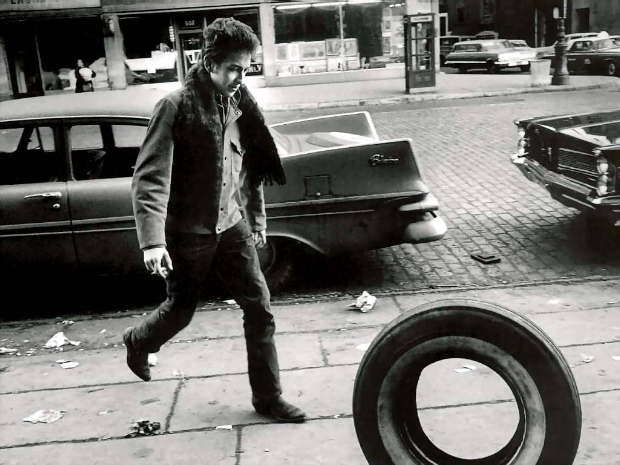
Bob Dylan was the great inheritor of the beat tradition, but he
grounded his improvisations firmly in the blues and folk traditions —
he was engaged, with a great deal of humility, in a conversation with something beyond himself.
His early work is marred by some of the same misogyny one finds in the
beats, by images of women that alternate between goddess and destroyer,
with no convincing human presence in either.
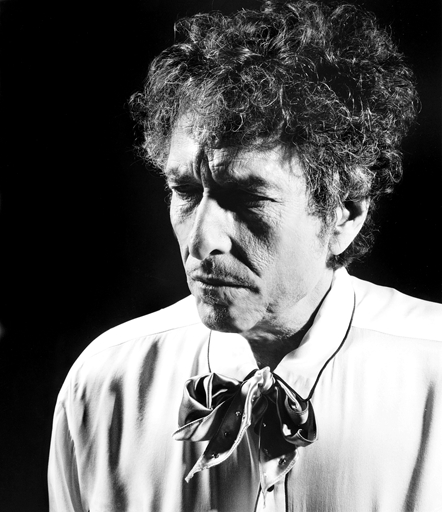
But Dylan, unlike the beats, grew as an artist. He listened to
the culture around him, its roots and moods, and talked back to
it. His work wasn't just an interior howl, a negation — he was a
rolling stone who could step outside of himself and watch himself roll.
When Kerouac tried that he was appalled by what he saw — or didn't
see. He ended his life drunk, stoned, in a state of utter decay and
despair. We can see the roots of that in On the Road. Kierkegaard said that the precise quality of despair is that it is unaware of itself. On the Road
is a harrowing portrait of a despair that is unaware of itself — one
its author shared, unawares, with the book's protagonists.
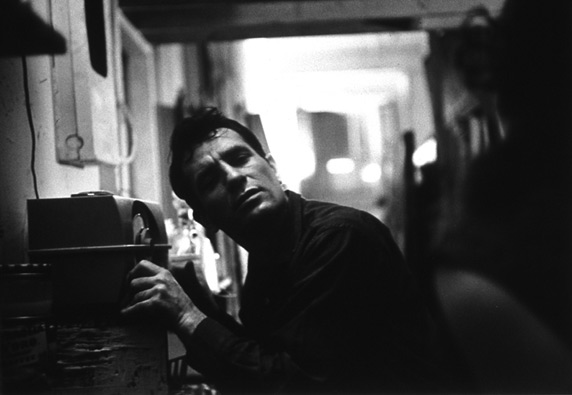
Kerouac's defenders say that only the work matters — not the
life. But I say that with Kerouac the life is in the work — is
not
transcended in the work. Which is not to say that the book isn't an
extraordinary thing, with passages of true greatness, depictions of
places and moods that are indelible, an authentic and often moving
voice with it's its own kind of feckless grandeur. It's just to say that there's something missing from it —
some element of heart and soul and sympathy that is crucial to any great work of art.
